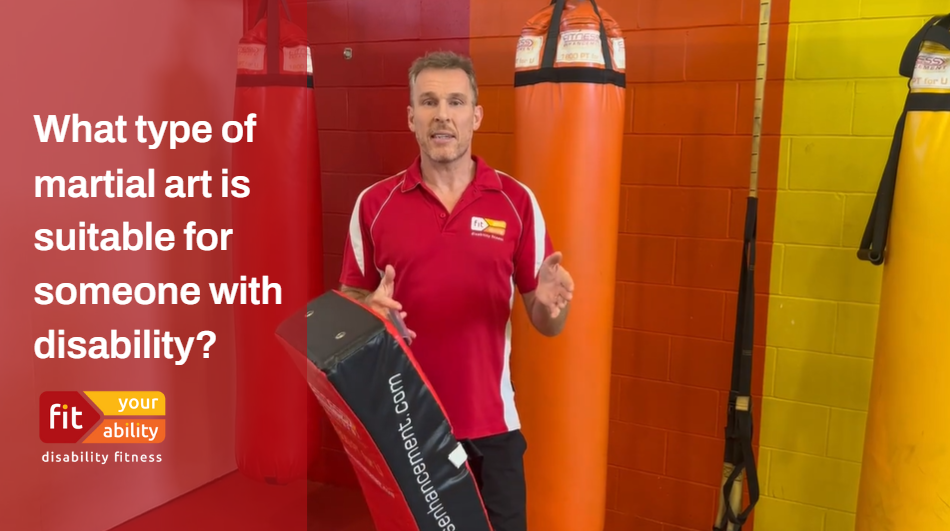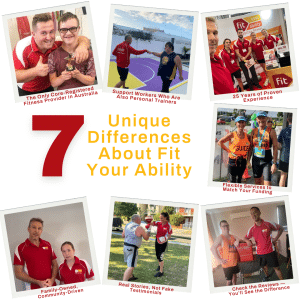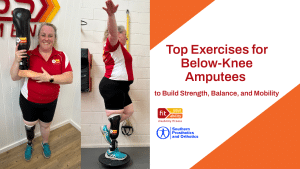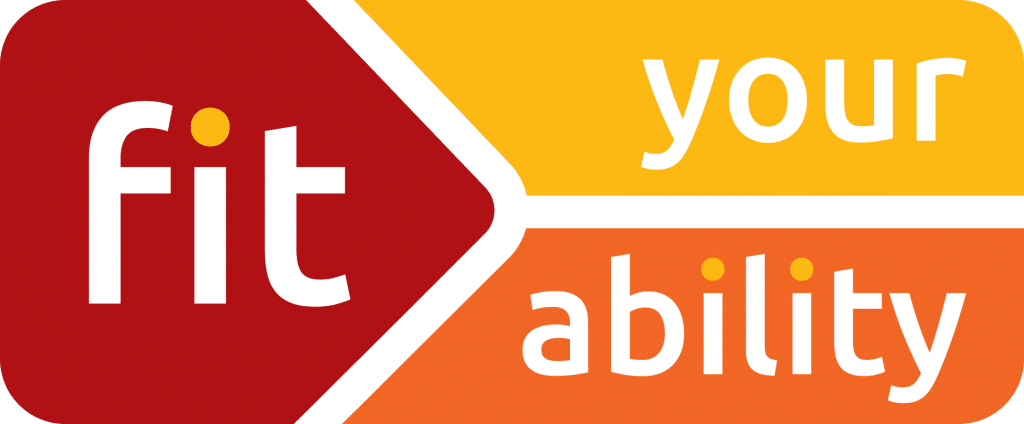
What type of Martial Arts is suitable for someone with disability ?
Martial arts are not just about physical combat; they embody discipline, focus, self-improvement, and confidence. For individuals living with disabilities, martial arts can offer numerous benefits, both physically and mentally. However, not all martial arts may be suitable for every individual, and it’s essential to find the right fit that accommodates specific needs and capabilities. Here, we explore some of the best martial arts for people living with disabilities and how they can transform lives.
Adaptive Martial Arts
Adaptive Martial Arts is specifically designed for individuals with disabilities. This form tailors techniques and training methods to meet the specific needs of each practitioner, ensuring accessibility and safety. It’s highly inclusive, and instructors are trained to adapt exercises to various physical and cognitive limitations.
Benefits:
- Customized training plans
- Increased accessibility and safety
- Builds confidence and self-esteem
Judo
Judo, which means “gentle way,” emphasizes using an opponent’s force against them. It focuses on throws and grappling, making it suitable for individuals who may have limited mobility in their limbs. The sport encourages balance, coordination, and flexibility.
Benefits:
- Enhances balance and coordination
- Promotes physical fitness
- Teaches control and discipline
Brazilian Jiu-Jitsu (BJJ)
Brazilian Jiu-Jitsu is another martial art that is highly adaptable for people with disabilities. It involves ground fighting and submission holds, focusing on leverage and technique over brute strength. This makes BJJ accessible to those with limited physical strength.
Benefits:
- Improves problem-solving skills
- Builds physical and mental resilience
- Provides a supportive community environment
Karate
Karate emphasizes strikes, kicks, and defensive techniques. While it may seem intense, many schools offer adaptive programs that adjust the pace and intensity based on individual needs. Karate is excellent for improving focus, discipline, and physical strength.
Benefits:
- Boosts concentration and discipline
- Improves physical fitness and coordination
- Offers a structured and supportive environment
Taekwondo
Taekwondo is known for its high-energy kicks and fast-paced movements. Adaptive Taekwondo programs modify these techniques to suit the abilities of each student. It’s particularly beneficial for enhancing flexibility, strength, and cardiovascular health.
Benefits:
- Increases flexibility and strength
- Enhances cardiovascular fitness
- Promotes self-discipline and respect
Aikido
Aikido focuses on harmonizing with an opponent to redirect their energy, using techniques like joint locks and throws. It’s a non-aggressive martial art that is adaptable for individuals with various disabilities. Aikido emphasizes fluid movements and balance.
Benefits:
- Develops balance and fluidity
- Encourages mental calmness and focus
- Provides a non-aggressive self-defense option
Conclusion
Choosing the best martial art for a person living with a disability depends on the individual’s specific needs, interests, and physical capabilities. The key is to find a supportive and adaptive environment where instructors are committed to helping each student achieve their personal best. Martial arts can provide a path to improved physical health, mental resilience, and a sense of community, proving that the only real limitations are the ones we place on ourselves. Embrace the journey, and discover the transformative power of martial arts.
FAQs
Q: Are there any risks involved in practicing martial arts for people with disabilities? A: Like any physical activity, martial arts carry some risks, but with proper adaptive programs and trained instructors, these risks can be minimized.
Q: How can I find a martial arts school that offers adaptive programs? A: Look for schools that advertise adaptive or inclusive programs. Contact them directly to ask about their experience and approach to teaching students with disabilities.
Q: What should I look for in a martial arts instructor for a person with a disability? A: Seek instructors with experience in adaptive training, patience, and a supportive teaching style. It’s crucial they understand how to modify techniques to suit individual needs.
Q: Can martial arts help with mental health issues associated with disabilities? A: Yes, martial arts can significantly boost self-esteem, reduce anxiety, and provide a sense of community and accomplishment.
At Fit your Ability, we believe in breaking down barriers. Embrace boxing without conforming to a specific skill level; every ability is welcome. Beyond the physical benefits, boxing empowers, builds confidence, and enhances coordination. Explore the excitement of boxing in a supportive and inclusive environment tailored for those with autism and any abilities or anyone eager to experience personal growth.
For a personalised fitness journey in a supportive and inclusive environment, Fit your Ability is your guide. Regardless of abilities, our NDIS Personal Training company is committed to making fitness accessible. With experienced boxing Personal Trainers across 3000 suburbs in 8 major cities, we’re here to ensure that we can help you, whether you have NDIS funding or not. Join us and experience the excitement and empowerment that boxing can bring to all individuals.
Fit Your Ability is an NDIS Personal Trainers that are also NDIS registered for a variety of core and capacity-building categories. So no matter what the sport, fitness, or recreation goal and no matter what the disability, our team is here to help you achieve the best version of yourself. We hope that after reading this blog post you feel more confident about trying out this helpful exercise or you may have a Mobile NDIS registered Personal Trainer come to you and assist you.
Related Posts

Why Fit Your Ability is the Right Choice for Your NDIS-Registered Personal Training Needs
Why Fit Your Ability is the Right Choice for Your NDIS-Registered Personal Training Needs Choosing an NDIS-registered personal trainer is about more than just fitness,

Top Exercises for Below Knee Amputees
Top Exercises for Below-Knee Amputees to Build Strength, Balance, and Mobility Adapting to life after a below-knee amputation comes with challenges, but staying active is

How Tessa Found Fitness Again After Losing Her Leg
Tessa’s Story: How She Was Able to Exercise After Losing Her Leg Anything Is Possible With the Right Support For many people living with a


